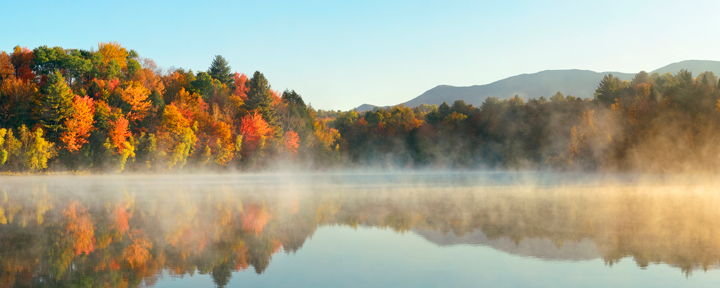The Truth About Fall
Life starts all over again when it gets crisp in the fall. – F. Scott Fitzgerald
Upon his enlightenment, the Buddha’s first teaching (what essay on changing seasons would be complete without the Buddha?) was to the present the Four Noble Truths. These truths are central to Buddhism. All other Buddhist teachings support these four ideas. And the first Noble Truth is:
Life is Dukkha
I’m pretty sure we can all agree with that statement.
Life is a big steaming pile of Dukkha.
Dukkha is a Sanskrit word most often translated into English as “suffering.”
Life is Suffering.
Got it. Thanks. Next religion please.
Maybe the second Noble Truth will help:
Dukkha is caused by greed, desire and attachment. In other words, life and everything in it is temporary and fleeting. Because we desire wealth, health, relationships, happiness, success, and peace, we will constantly be disappointed because all of those thing are temporary states. We may find them for a short period of time, but they won’t last.
This sounds fairly awful until you realize that this temporary and transient nature of life also applies to the painful times.
The calendar we use today was devised by the Romans roughly 2000 years ago and is based on a standard lunar year. These 365 days are divided into 12 months. The first month is called January. Within these twelve months we find the four seasons of Spring, Summer, Fall and Winter.
Did you ever wonder why the New Year begins in the dead of Winter on the first day of January?
Not if you live South of the Equator. Because there you would be ringing in the New Year in Bermuda shorts.
Rather than an arbitrary calendar date, shouldn’t we base the new year on a season?
Shouldn’t the New Year begin in the Spring? Isn’t that when we find the beginning of new life? Flowers bloom, grass grows, we shed our Winter coats, leave our homes and venture out to discover the world. Our attitudes improve. Cold and Flu season is over (let’s ignore allergy season for now). The birds are singing, the Sun is shining and life is wonderful. Surely this is the beginning of the year.
If Spring is the beginning, then Winter must be in the end, right?
What if there is a different way to look at it? For most of human history, life wasn’t industrially based. That’s a relatively new phenomenon. For most of our time on this planet, societies were agriculturally based. The most important time of the year was the harvest. All that they worked toward throughout the entire year culminated in the harvest. Fruits, vegetables, grains. Everything was harvested, celebrated and stored up. The fields were picked clean, plowed and left unplanted for a season.
This season is Fall.
The end of the cycle isn’t Winter. It isn’t death. It’s Summer. It’s harvest.
A field that is plowed and left unplanted for a season is called a fallow field. Allowing a field to lie fallow for a time will produce better crops.
Therefore, the beginning of the cycle isn’t new growth. It’s a fallow time. A time of rest. A time where on the surface nothing appears to be happening. But in reality, the soil is undergoing a transformation. Millions of microorganisms and nutrients are rejuvenating the soil and preparing it for it’s next season of growth.
Does life feel for you like one huge pile of Dukkha? Is someone that you love suffering through one storm after the next? Death, disease, brokenness, emptiness, failure. These experiences are painful. They are meant to be felt, shared and lived. But though they may seem it at times, they are not forever.
Are you in a fallow time? Does your life resemble a big, muddy, empty, plowed-over mess of a field? This too is a time to be felt, shared and lived. It is also only a season. It had to come, but it won’t last forever. Life will appear. Hopeful and new.
Perhaps we need a new Noble Truth:
Life is Fallow
And that’s okay. In fact, it’s good.
Life starts all over again when it gets crisp in the fall. – F. Scott Fitzgerald


Leave a Reply